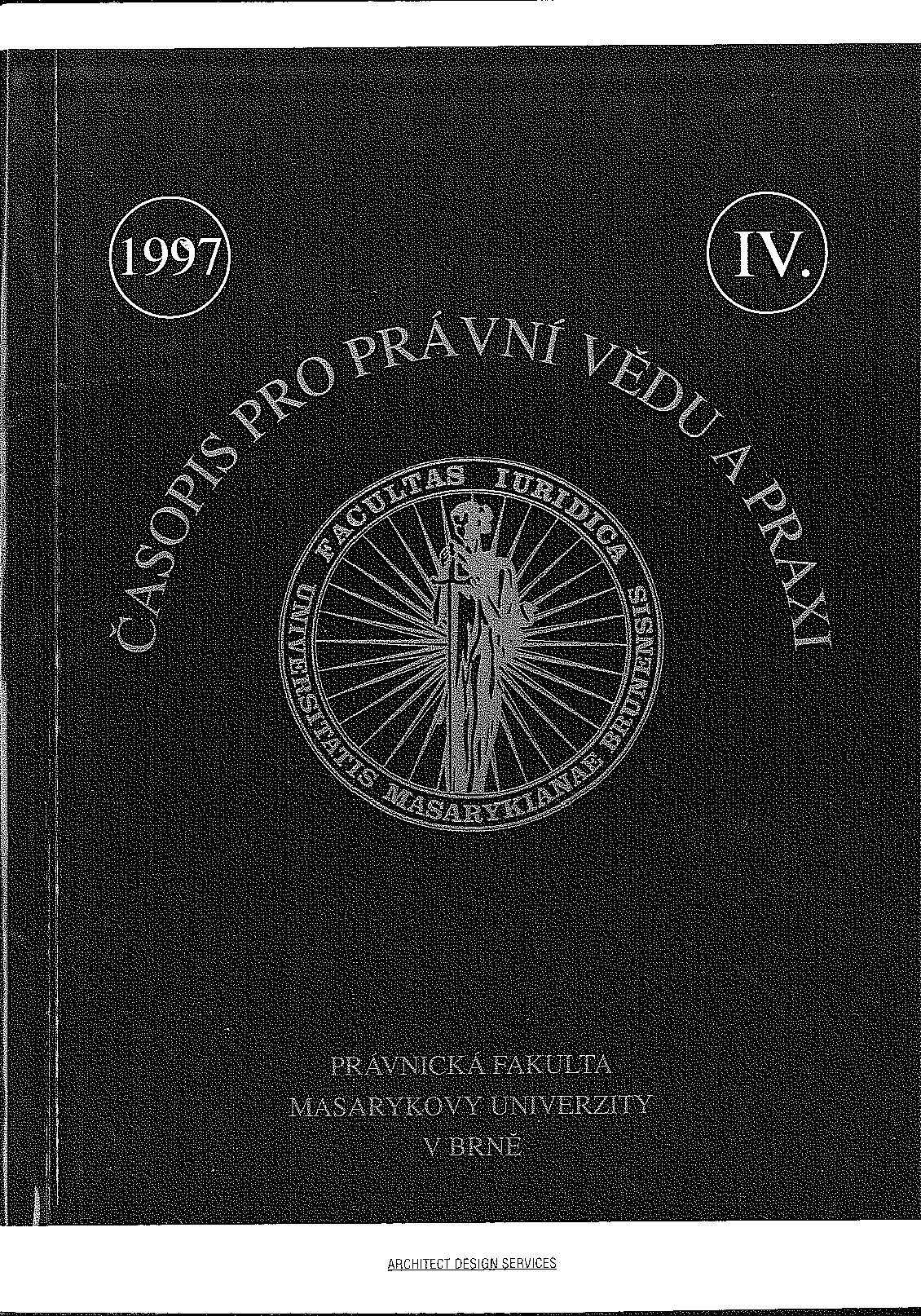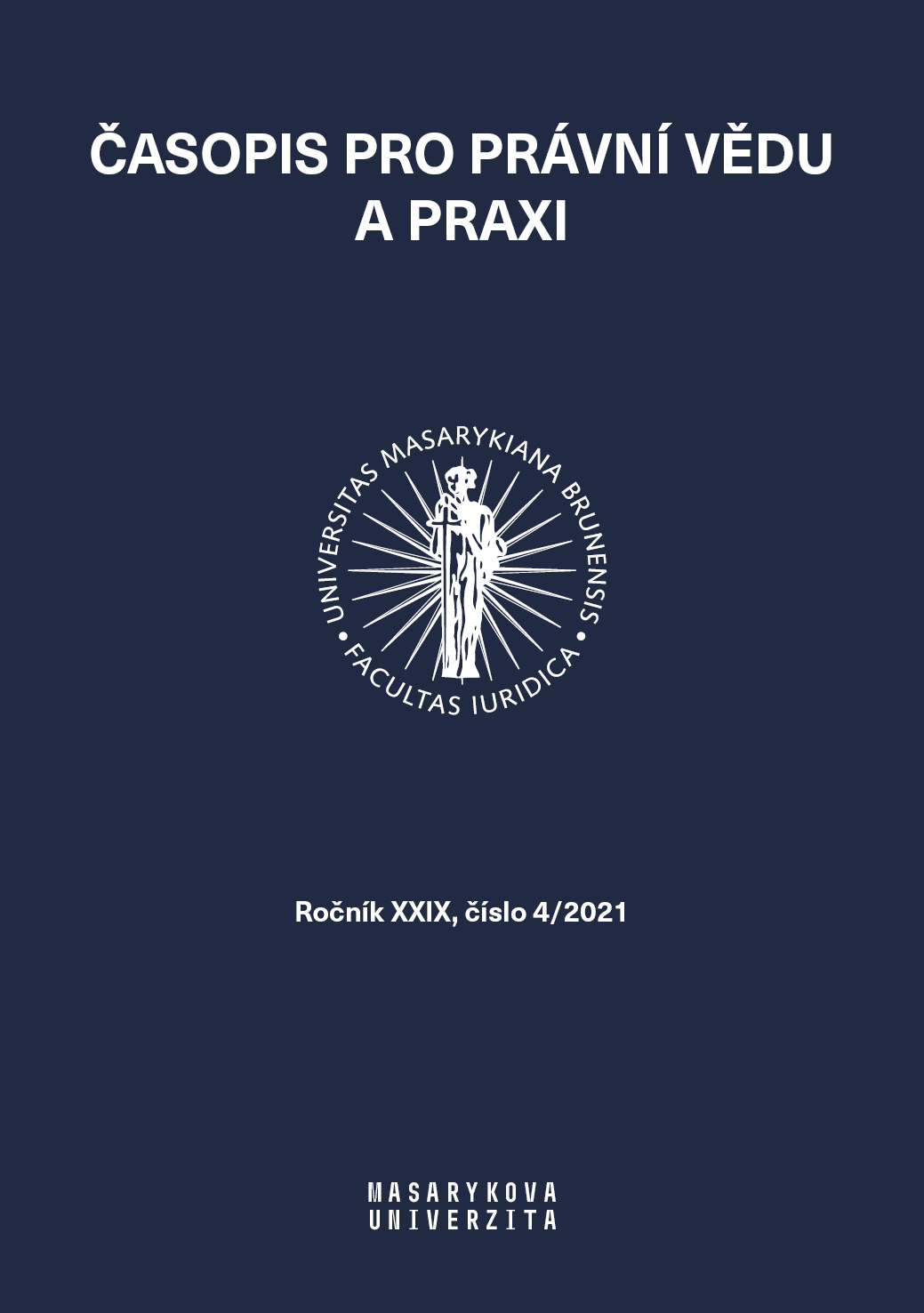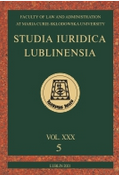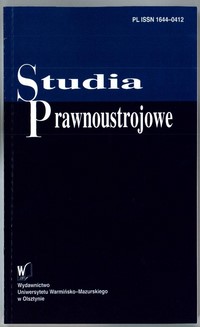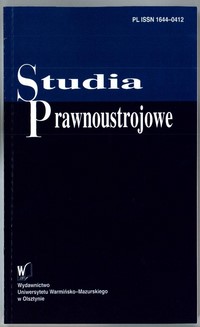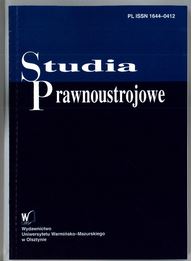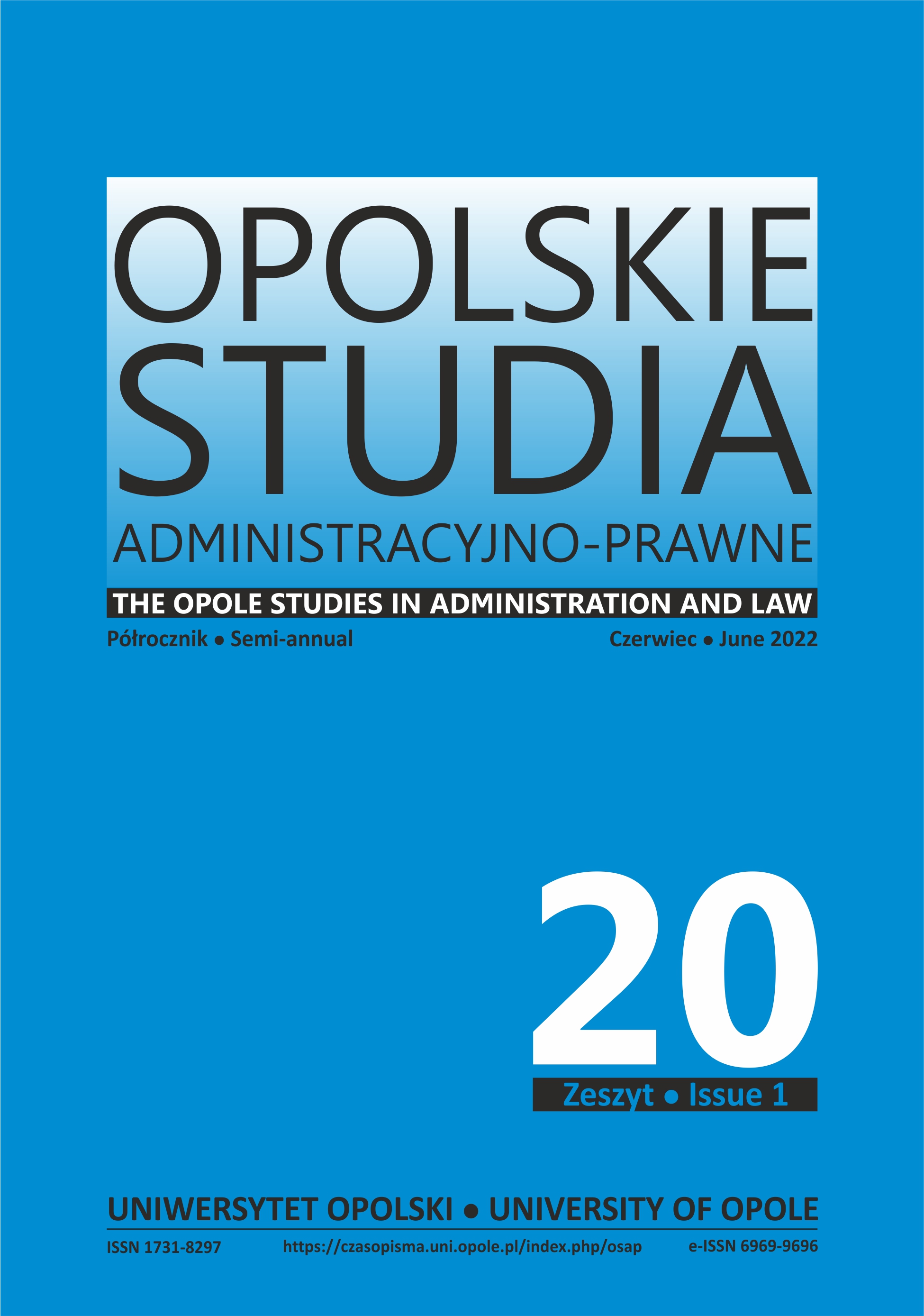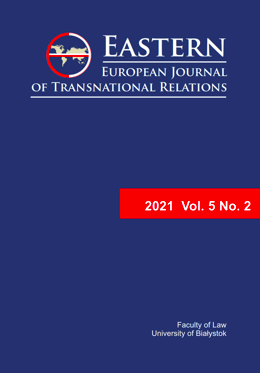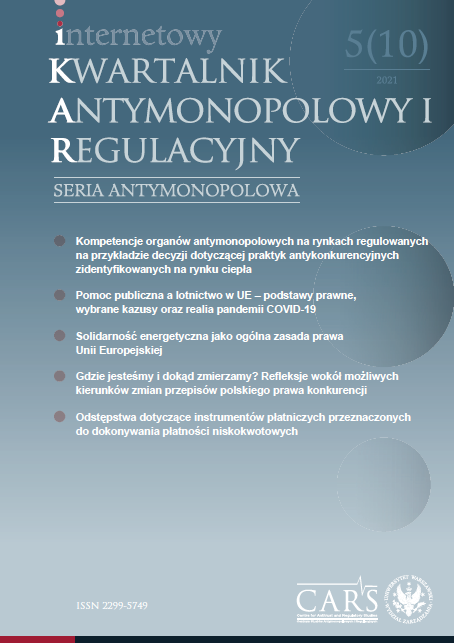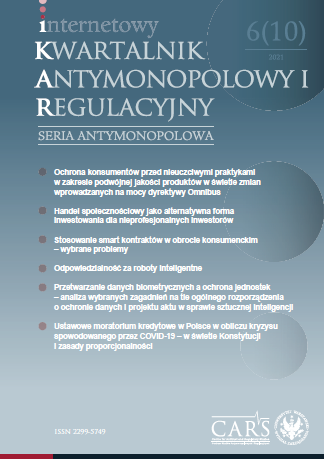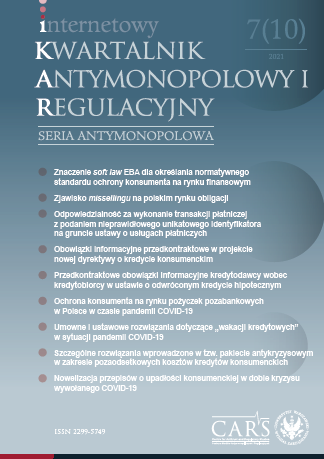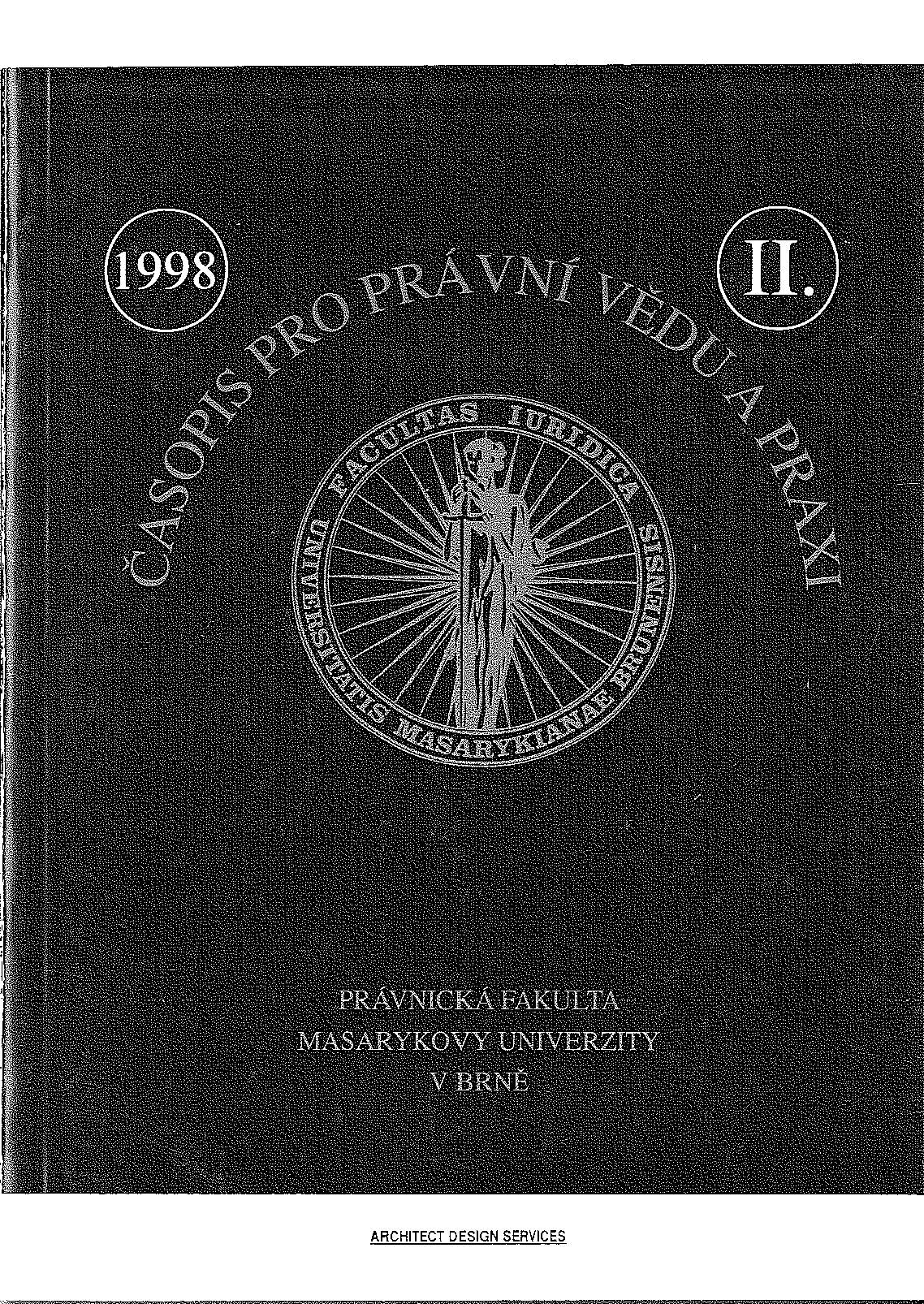
Právní režim porostů
S otázkou v jakém právním režimu jsou porosty na určitém pozemku, případně kdo je oprávněn si je přisvojovat nebo si přisvojovat jejich užitky a plody, se lze setkat často. Dalo by se proto očekávat, že na tak frekventovanou otázku najdeme v právní úpravě dostatečně jasnou a jednoznačnou odpověď. Bohužel tomu tak není. Je to důsledek nejen stavu právní úpravy z doby "budování socialistické společnosti", ale i změn, které v právním řešení této otázky přinesl vývoj v letech po listopadu 1989.
More...
